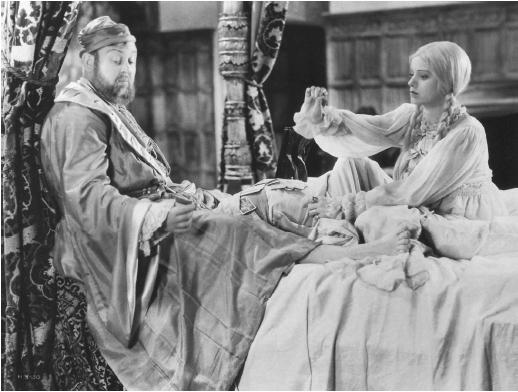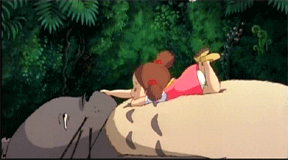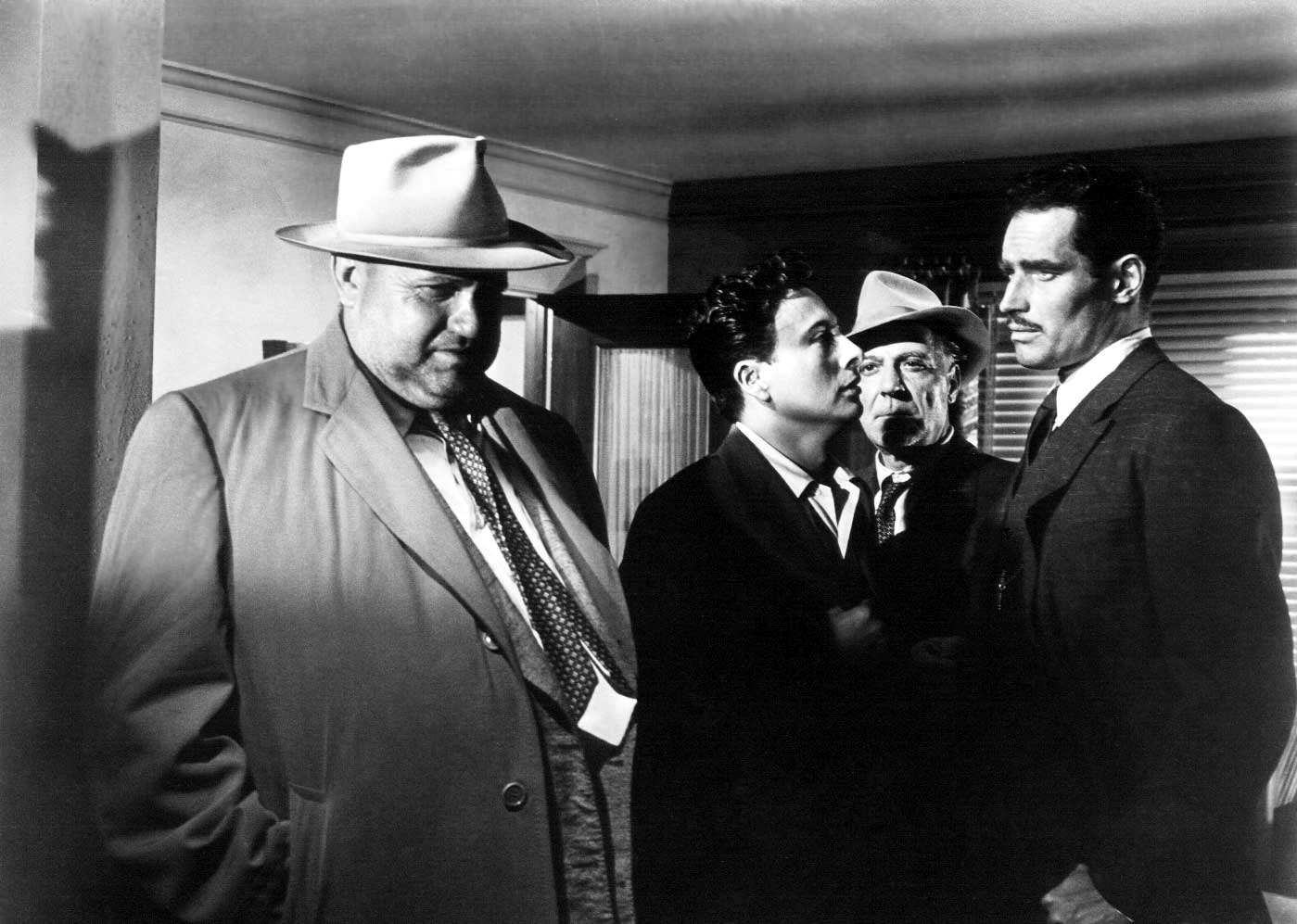
-----------SPOILERS----------
Badlands is the first, and probably most accesable, Terrence Malick film. It is the least beautiful and the most depressing. For this film Malick grabs the myth of the heroic couple on the run and tears it to pieces. Rather than becoming a martyr, Sheen's character is caught and we watch him throw bits of memorabilia to admiring cops. We've just watched him senselessly and pointlessly murder innocent people, yet the national guard surrounds him looking at him like he's a hero.
Kit Cruthers (Martin Sheen) is a garbageman in a small South Dakota town. One day he sees the new girl in town twirling a baton in her backyard. The girl's name is Holly Sargis. Her father (Warren Oates) , who is widowed (she tells us in her creepily apathetic and detached narration he had kept their wedding cake in a refrigerator for 10 years) just moved them here from Texas.

Holly is 16. Kit is 25. Every move of his seems to be a complete imitation of James Dean. Kit combs his hair and dresses like James Dean. Hell, Martin Sheen looks more than a little like James Dean. And, we've been expecting it, when Holly finally tells us Kit "looked just like James Dean." The two fall in love and when Holly's father finds out about it, he shoots her dog. At this point of the movie we are siding with Holly and Kit, and when Kit accidentally shoots Holly's father, we can forgive him. We can forgive him when they burn the house and run away. And we watch with enjoyment as they build a treehouse and live completely off the land. We can even forgive him when Sheen shoots the three cops who are looking for him to collect the reward. After all, it was self defense. But our sympathy is beginning to disappear. Kit never seems to show a vulnerable side, and we wonder if he has one.
He is nasty to Holly. And in one masterfully played out scene, our sympathies for both characters vanishes. Kit casually kills completely innocent people that were trying to help him. And Holly looks impassively on as if nothing unusual had happened. She tells us in her voice over it occured to her then that Kit was a very "trigger-happy" person. And this has occured to us too.
The two of them cross the border to Montana, but when they are cornered by a helicopter Holly refuses to follow Kit. Kit stares straight into the camera furiously and for a moment we feel Holly's terror. Sheen has become such an imposing figure that we fear being in Holly's shoes.
In the end, Malick has carefully led us through the traps and obstacles of a cliched film to the conclusion that they were simply this: publicity seeking murderers. Although the film never thinks they are completely evil (see Linda Manz's comment on good and bad people in Days of Heaven it does let us know we are wrong for glorifying them. If any half of the man should be praised, it should be the angle half, not the devil half.

















